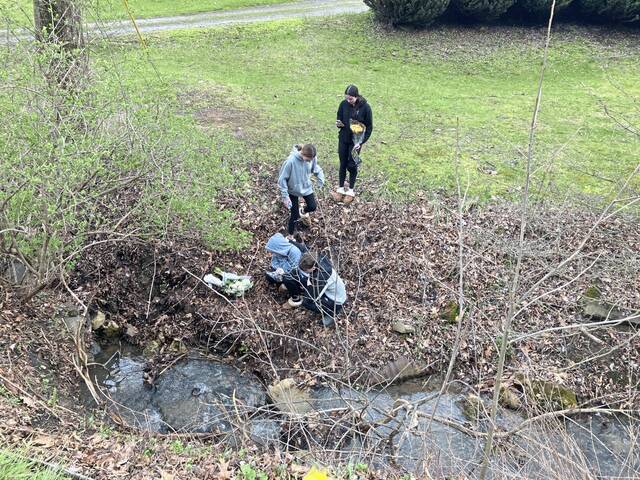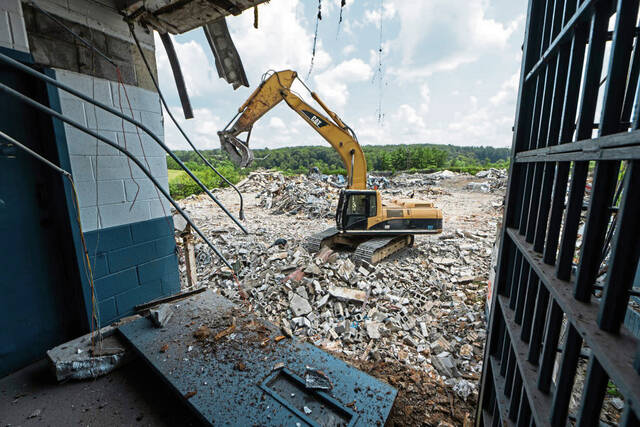Officials with Pennsylvania’s West Nile virus control program reported the first positive case of the virus this year among mosquitoes sampled in Westmoreland County.
The case was identified in a sample taken the second week of September in Greensburg — as the seasonal virus surveillance and testing program was approaching its Wednesday end.
Out of 543 positive mosquito samples found throughout the state this year, 91 were in Allegheny County.
No humans tested positive for the virus in either county. The sole positive human case was recorded in Potter County.
The program tested more than 7,100 mosquito samples across the state, including 321 in Allegheny County and 98 in Westmoreland County.
The risk for spread of the disease by mosquitoes drops off by the end of September because of the insect’s biology, according to Matt Helwig, who manages the West Nile Virus program at the state level. He said coronavirus pandemic restrictions didn’t prevent field workers from tracking the virus.
The state Department of Environmental Protection notes there is no evidence the coronavirus, which is a respiratory virus, can be transmitted through mosquito bites. That’s a position supported by the World Health Organization.
People are encouraged to eliminate areas of standing water on their property, which can serve as a breeding ground for mosquitoes.
In August, the Allegheny County Health Department conducted spraying to reduce mosquito populations in several Pittsburgh neighborhoods where positive West Nile samples were collected — including Perry South, Allegheny Center, Mt.Washington and Beltzhoover.
According to the DEP, people over age 50 and those with compromised immune systems are at an increased risk of contracting West Nile Virus disease.
It’s estimated that one in five people who become infected will exhibit mild symptoms — such as a fever, headache and body aches — while one in 50 will develop a more severe illness.
West Nile encephalitis or meningitis can lead to a high fever, neck stiffness, stupor, disorientation, coma, tremors, convulsions, muscle weakness and paralysis.
Most people fully recover from the virus. Hospitalization and respiratory support may be required in more severe cases.








